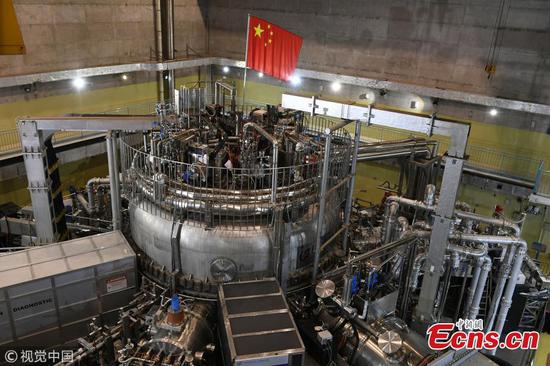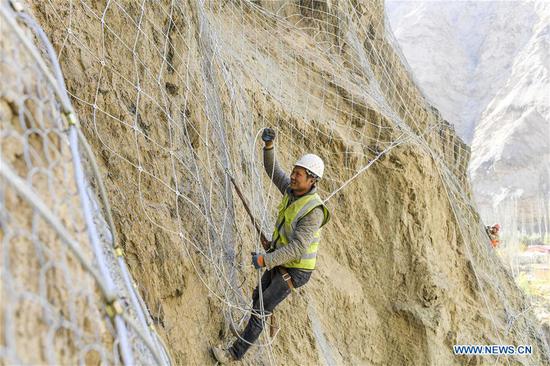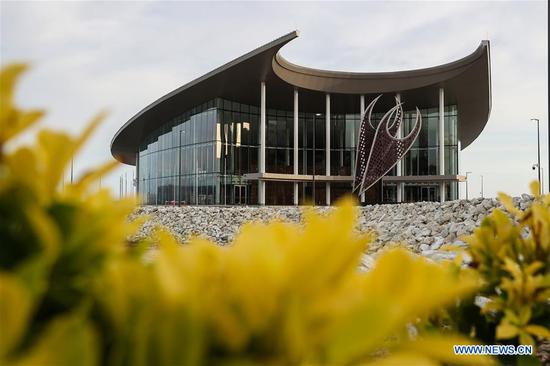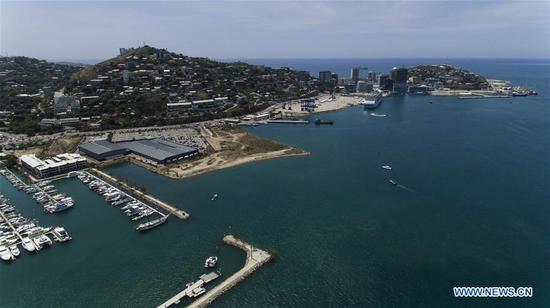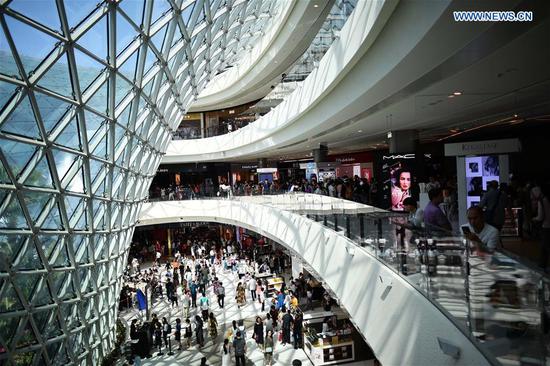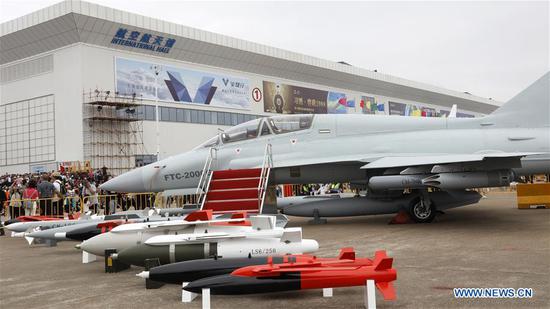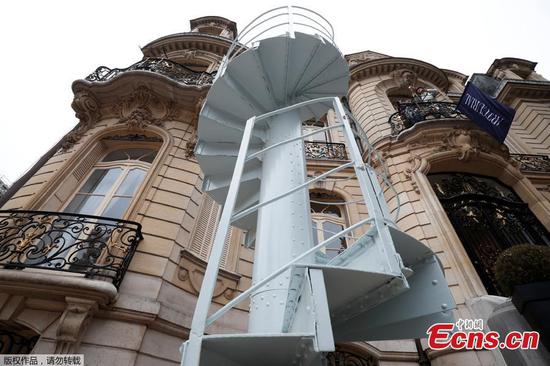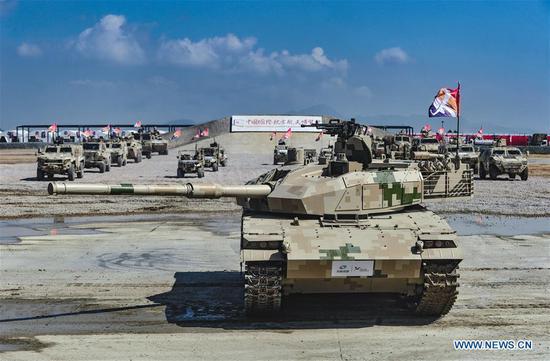
A worker sorts products at Dolphin Supply Chain's warehouse in London. (Photo provided to China Daily)
Challenges remain
Dolphin has warehouses in the United States, Japan, Hong Kong, Australia, the United Kingdom, Germany and Poland, which the company locates close to its core sector-food suppliers.
David Lee, CEO of Dolphin Supply Chain, said: "Our own contract fleet of truck drivers and cargo planes enables us to have complete control of the timing of delivery, and to monitor and ensure products are kept in optimal condition."
The rapidly growing scale of China's e-commerce may seem like a win-win situation for retailers, consumers and platforms, but the sector could also face the challenge of "delivery-clogging" if logistics streamlining efforts cannot keep up with demand, Alibaba's co-founder and executive chairman Jack Ma said earlier this year.
Ma predicts that courier companies will face overwhelming challenges in the next five to 10 years, when total daily package deliveries may reach 1 billion.
Despite the significant investments Alibaba, JD and other e-commerce platforms have made in warehouses, IT systems and automated sorting processes, it remains to be seen whether technological advancements in the logistics sector will keep pace with the expected increase in volume.
China still lags many other markets when it comes to logistics performance. In 2016, the country ranked No 27 on the World Bank's Logistics Performance Index, which measures each market on logistics environment, core logistics processes, delivery time and cost.
As its e-commerce sector integrates further into global systems, Chinese companies have been building their overseas logistics networks, client relationships and other service expertise, such as customs-clearing abilities across different markets.
For instance, customers from more than 200 countries and regions bought products on Alibaba's platforms on Singles Day last year, which boosted the festival's international transaction volume by 60 percent year-on-year.
But Zhou Zhiyong, a business operator at AliExpress, told Global Times some customers in countries with inadequate express delivery services faced great disappointment, as it took as long as six months for their orders to arrive.
Deloitte's Zhang said: "Chinese e-commerce companies' overseas expansion faces both challenges and opportunities. They can realize significant opportunities by investing in the e-commerce logistics infrastructure of countries that are still in the early stages of building their e-commerce sectors, such as those in Africa and the Middle East.
"Doing so would be a test for the all-round international capability and experience of Chinese e-commerce companies. It is a tough journey, but certainly the next breakthrough milestone for many of these firms."












